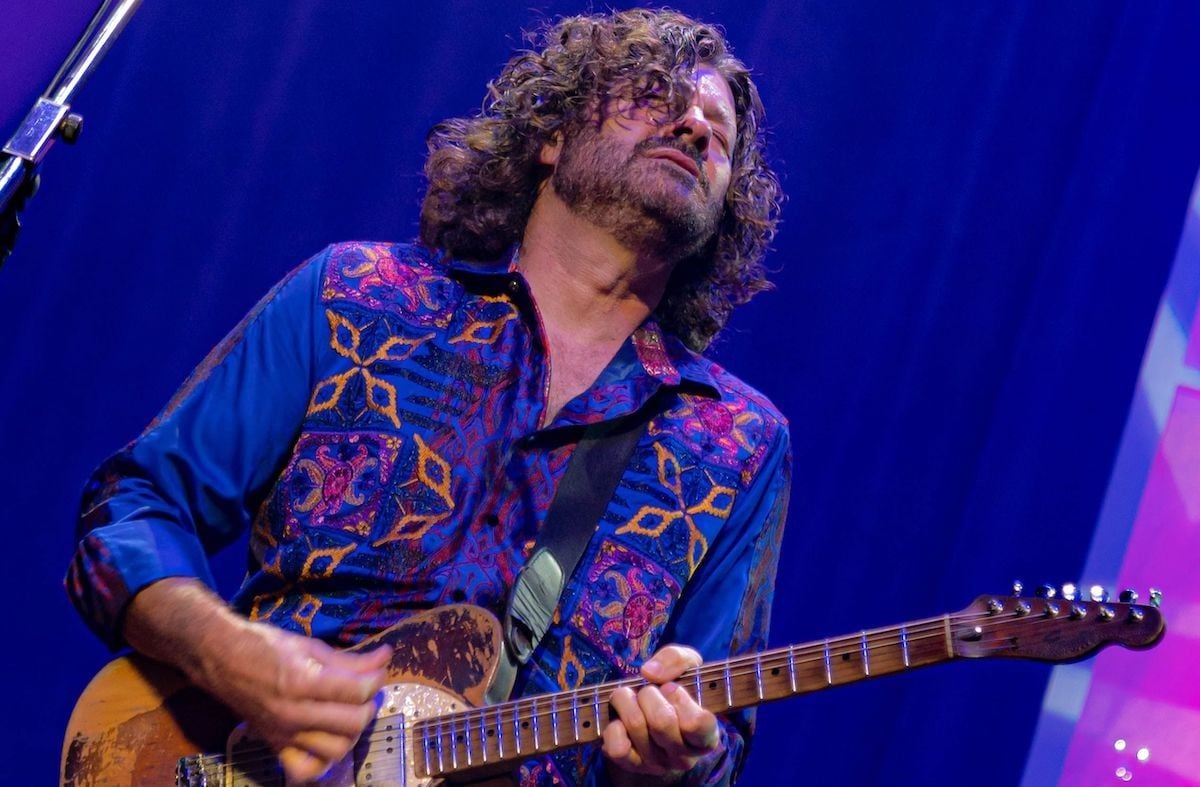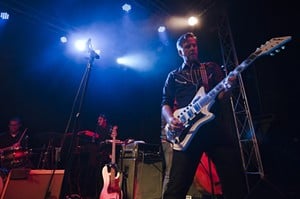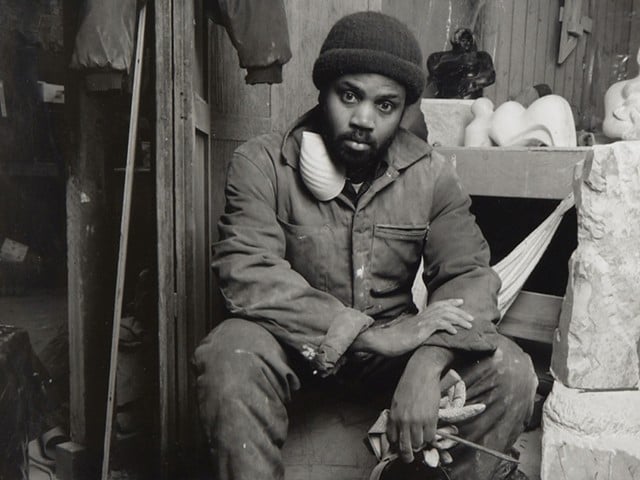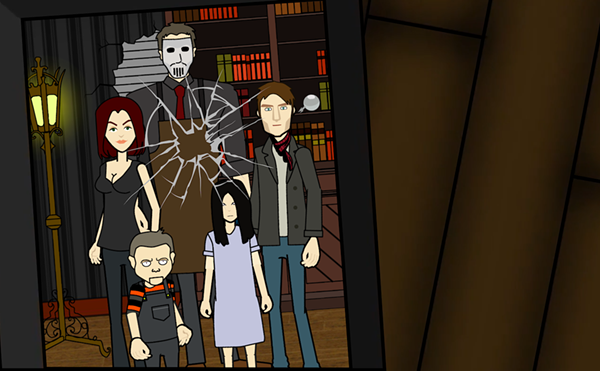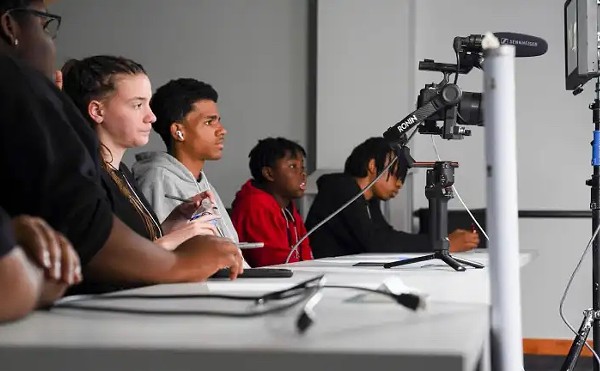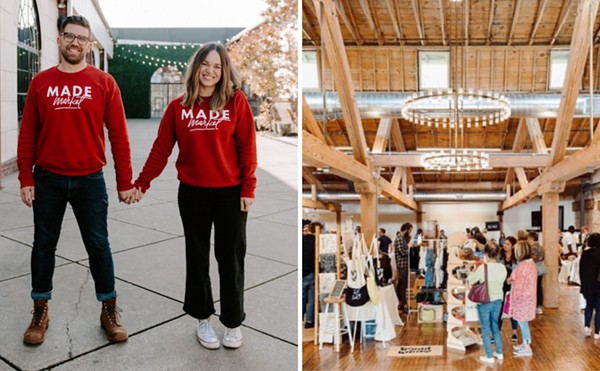Headliners Music Hall has been a cornerstone of the music venue industry for over a decade in Louisville.
In recent years, the venue has seen its fair share of trouble with the COVID-19 pandemic throwing a wrench in every aspect of live entertainment, including canceling outdoor shows that were meant to allow for safe, distanced live music. Moving forward with tight margins has made keeping entertainment in Louisville a struggle for Billy Hardison, who co-owns the venue and acts as vice president of the Kentucky chapter of the National Independent Venue Association, a nationwide lobbying arm that pushed the United States Congress to pass the Save Our Stages Act, which helped venues stay afloat during the pandemic.
Though NIVA got the act passed, that doesn’t mean money showed up immediately. Hardison told LEO Weekly in an interview over the phone that even though Headliners was approved for “a slice of the pie” as he puts it, they didn’t see money for months, doubling down the stress of keeping a venue open with no revenue sources other than live entertainment.
“Initially (the feeling of closing) was terror, but also in our line of work, if there weren’t fire to put out, we wouldn’t have jobs.” he said. “We just kind of went into action. So we tried to stay busy enough to not think about that fear, like, ‘What do we need to do right now to batten down the hatches?’ ‘How are we going to take care of our people?’ ‘What can we do to take care of our people?’ We’re not having revenue coming in. That’s what was… the parallel path of fear and reacting to the situation… and try to be as proactive as we can.”
And as Hardison puts it, the swift movement of small and large venues across the city and across the country alike put the pieces into place fast to help keep everyone afloat during the height of the pandemic. He says communication was vital for the survival of venues if live entertainment was going to live through the pandemic. Simply waiting on Congress was not enough, action needed to be taken, and Hardison was unsure but willing to do whatever it took to keep his business alive.
“The first thing that we learned is that, you know, without even communicating around it, we were all basically doing a lot of the same things to prepare for it in the same ways,” he said. “And then seeing what we could do for our employees, and what can be done for other artists and for touring crews. Everybody shared a lot of notes really early on, because NIVA came together really quickly, in that way. And then it was kind of a ‘everybody get in the boat’ mentality. So… having that happen, which was not my idea, I just happen to be fortunate enough to be in that mix.
“One of our members, Sean Waterson from Cleveland, had a statement early on that I like to repeat. He said, ‘We have 1000 different members and 1000 different ways of doing business.’ And that was kind of why there wasn't a whole lot of communication prior to the pandemic, because it was a lot of apples and oranges conversations, but we started to learn what we all had in common, as opposed to what was different. And then we all learn from that.”
Hardison said he and his team were “anxious” as time went on and no money was coming to Headliners, or any other venues around them after the act was passed. Making the necessary means to make ends meet meant sacrifices that could potentially do more damage than good.
“We were anxious to say the least,” he said. “... We had to build a pretty big coalition. Then we had to set up some pretty stringent rules around what constituted a live, independent venue… there were a lot of entities that we had to share this pot of money with.”
Now, looking ahead, Hardison says challenges of the post-pandemic world are coming to light, and venues are having to make changes that could alter the very fabric of live entertainment economics, or as he puts it, “the beer and parking business.”
“A lot of these new kids just don't drink, which is great,” Hardison said. “The problem with that is that the way that the industry economics are set up, independent venues, all venues, work on very tight margins, including location. A 6% margin at the end of the year for a lot of venues is great, which a lot of business people would say well that's nuts. Why do you even do it?”
That answer, for Billy, comes as no surprise. The love of the local arts in Louisville runs deep for independent venues that work to harbor a business model that is not only profitable (even if within extremely tight margins), but beneficial for the culture of Louisville’s music community.
In a text message after the interview, Hardison said:
“Where we go from here is for independent venues to work together (through NIVA for example), and with their communities to find ways to cut overhead, relieve regulatory costs and to recognize that for-profit venues are just as much a part of the fabric of local arts as non-profits and deserve at least some of the same opportunities to be subsidized,” he stated. “As we are seeing an alarming amount of venues (especially in Europe) and small businesses in general close, we have to ask ourselves, as successful as arena business is right now, where will the next Jack Harlow cut his/her teeth if not in small independent venues?”

